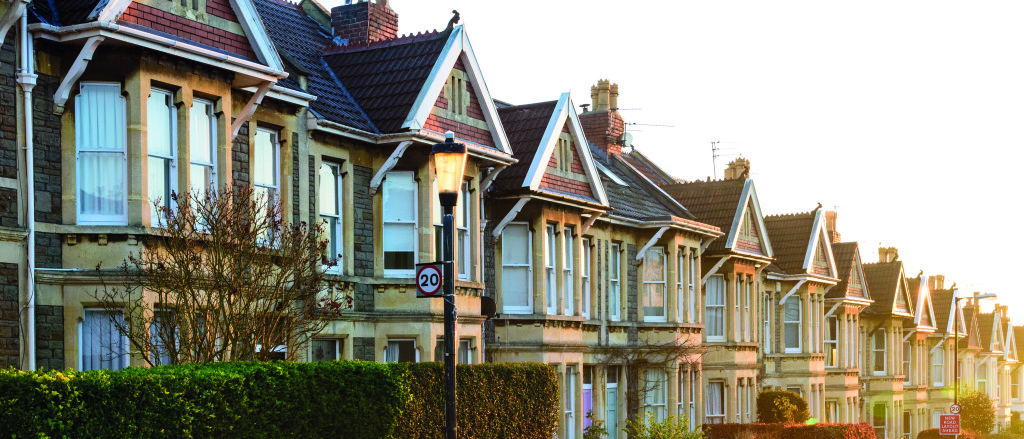Advertorial - What are the best ways to fund home improvements?

Financing home improvements can be a smart investment in your property's value, comfort, and aesthetics.
High up the list is a loft conversion which can add up to 20% value to your house, as well as considering basements which can add up to 30% in value.Depending on your financial situation and the scale of the project, several avenues are available to secure funding. Here are some of the best ways to finance home improvements:
Personal Savings: Using your personal savings is often the simplest and most cost-effective way to finance home improvements. It avoids interest rates and potential debt. If your project is relatively small, tapping into your savings could be a prudent choice.
Home Equity Loan: A home equity loan, also known as a second mortgage, allows you to borrow against the equity you've built in your home. These loans typically offer fixed interest rates and can be suitable for larger projects like room additions or major renovations. However, remember that your home serves as collateral, and failure to repay the loan could result in foreclosure.
Home Equity Line of Credit (HELOC): Similar to a home equity loan, a HELOC provides a revolving line of credit based on your home's equity. You can borrow as much as you need up to a certain limit during the "draw" period. Interest rates are typically variable. This flexible option is ideal for ongoing or unpredictable expenses.
Cash-Out Refinance: Refinancing your mortgage allows you to replace your existing loan with a new one that has better terms, and you can borrow additional cash above what you owe on the old loan. This can help you take advantage of lower interest rates and secure funds for home improvements. However, be mindful of potential closing costs and the long-term impact on your mortgage.
Personal Loans: Unsecured personal loans can be obtained from banks, credit unions, or online lenders. They don't require collateral and often have fixed interest rates and repayment terms. Personal loans are suitable for smaller projects, but keep in mind that interest rates can be higher compared to secured loans.
Credit Cards: For minor home improvements, using credit cards can be convenient. Some credit cards offer promotional periods with low or zero interest rates. However, be cautious about high-interest rates after the promotional period ends. This option is best for small projects that you can pay off quickly.
Government Programs: In some cases, government programs or grants might be available to assist with specific types of home improvements, particularly those related to energy efficiency or accessibility. Research local or federal programs to see if you qualify.
Contractor Financing: Some contractors partner with financial institutions to offer financing options directly to homeowners. While this can be convenient, ensure you understand the terms and interest rates, as they might not always be the most competitive.
Home Improvement Loans: Some lenders specialize in home improvement loans, offering financing explicitly tailored for these types of projects. These typically fall under unsecured or secured loans depending on whether you are using your property as security, which can help you borrow larger amounts. The rates are typically low for both, except with secured products you house or property could be at risk of repossession if your loan is not repaid on time.
When considering how to finance home improvements, it's essential to weigh the pros and cons of each option. Consider factors like interest rates, repayment terms, the potential impact on your credit, and the long-term financial implications. Remember that responsible financial planning and thorough research will help you choose the best approach for your needs and goals.







